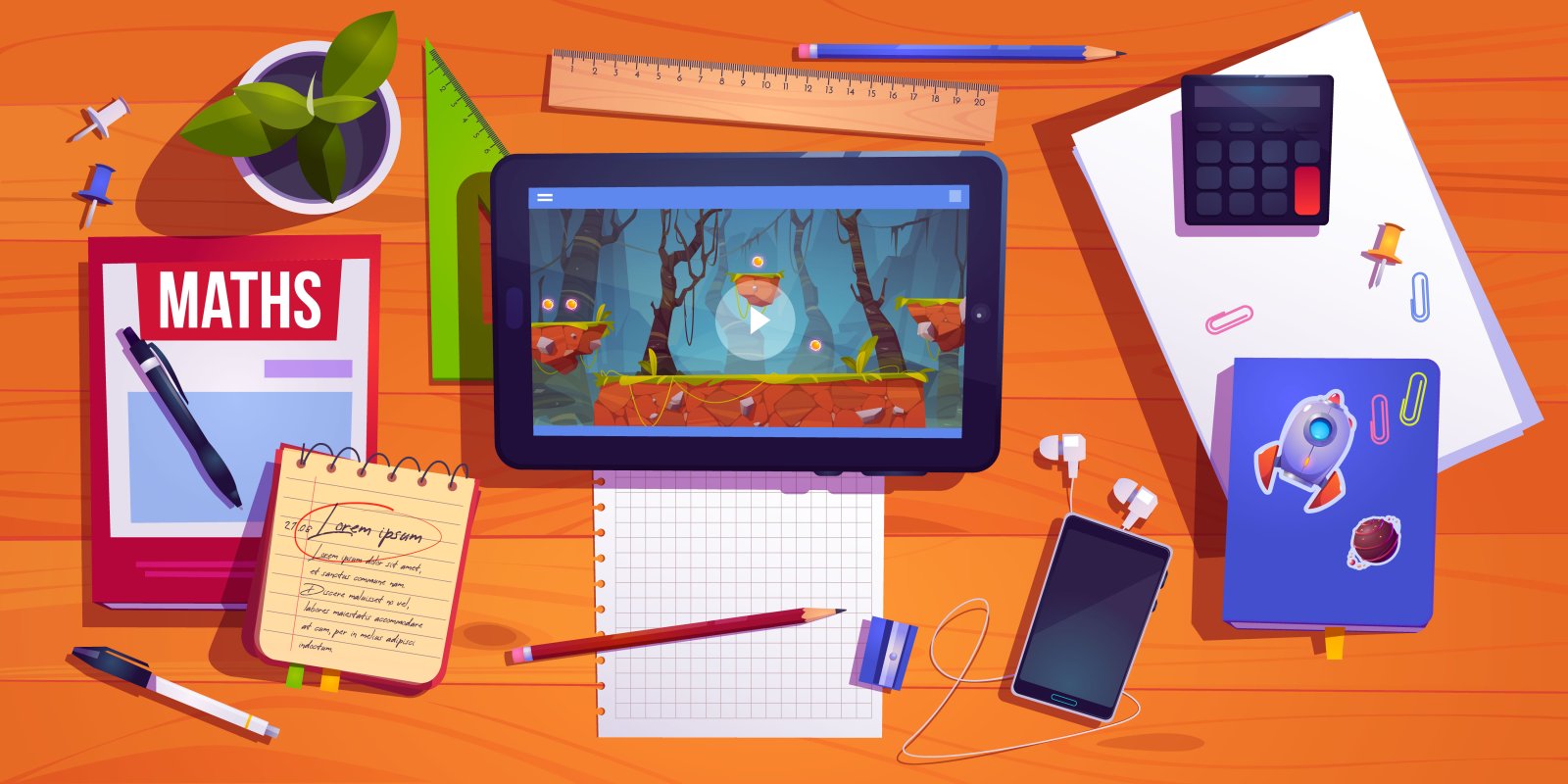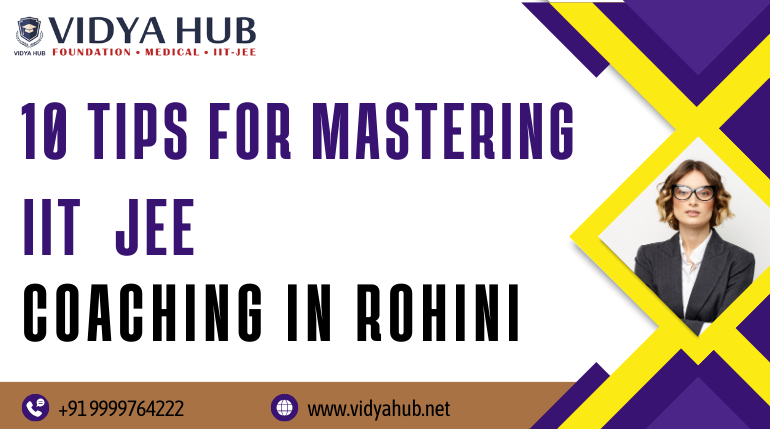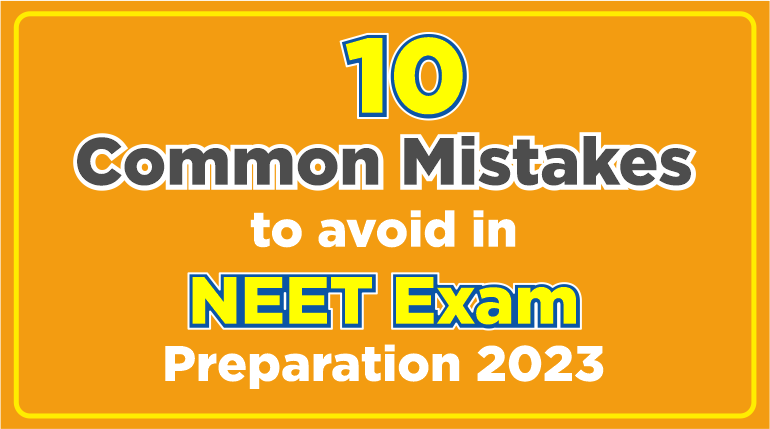How to prepare for board exams class 10 in 3 months
Class 10th board exams are coming soon. In this stage, students often ask how to prepare the best way? Everyone wants to be the best but only few are able to perform as per their calibre. And you know why that is? Students rely too much on self-study.
Studying solo is not bad, but you need to find out whether it is the right thing for you or not. And if not, you need to join the best coaching centre for class 10th, VidyaHub!!!
We are not the best cause we just simply say so, we have proven ourselves time over time that we are the best institute in Delhi. Don’t believe us, try yourself…
CLASS 10TH BOARD EXAMS
Let’s talk about what exactly are class 10th board exams.
The Central Board of Secondary Education (CBSE) is a national level board of education in India for public and private schools, controlled and managed by the Union Government of India. CBSE conducts the final examinations for Class 10 every year in the month of March.
The Class 10 board exams are a crucial milestone in a student's academic career as they mark the transition from secondary school to higher secondary school. The results of these exams are often considered as a benchmark for a student's future academic and professional prospects.
It consists of both theoretical and practical examinations. The theoretical examinations are usually held in the morning session, while the practical examinations are held in the afternoon session. The theoretical examinations are based on the syllabus prescribed by CBSE and cover all the subjects studied by the student during the academic year.
The practical examinations, on the other hand, are conducted to assess the student's practical skills and knowledge in subjects such as science, mathematics, and computer science. These practical exams are usually conducted at the school level, under the supervision of a teacher.
The CBSE Class 10 board exams are graded on a nine-point grading scale, with grades ranging from A1 (highest) to E (lowest). A student who scores 90% or above is awarded an A1 grade, while a student who scores between 75% and 89% is awarded an A2 grade. A student who scores between 60% and 74% is awarded a B1 grade, while a student who scores between 50% and 59% is awarded a B2 grade.
In order to prepare for the CBSE Class 10 board exams, it is important for students to start preparing early and follow a systematic study schedule. This involves going through the entire syllabus and revising the concepts learned during the year, solving sample papers and previous years' question papers, and seeking the help of teachers and tutors when needed.
It is also important for students to manage their time effectively and avoid last-minute cramming. They should also ensure that they get enough rest and stay healthy during the exam season.
CLASS 10TH CBSE BOARDS IMPORTANT DATES
|
Exam Name |
Class 10th CBSE Boards |
|
Session |
2022-23 |
|
Exam Starting Date |
15th February 2023 |
|
Exam Mode |
Offline (Centre Based) |
|
Official Website |
Important Exams Datesheet:
|
EXAM |
DATE |
|
English |
16th February 2023 |
|
Mathematics |
24th February 20223 |
|
Science |
1st March 2023 |
|
Social Science |
6th March 2023 |
|
Hindi |
8th March 2023 |
STAYING UPDATED
If you are preparing for class 10th board exams, it is important to stay updated with the latest syllabus and exam pattern. Here are some tips that can help you stay updated and stay on track with your exam preparation:
- Make a study schedule: Creating a study schedule can help you stay organized and manage your time effectively. Make sure to allocate enough time for each subject and follow your schedule consistently.
- Stay connected with your teachers: Your teachers are a valuable resource for staying updated with the latest syllabus and exam pattern. Make sure to ask them for clarification on any topics that you are having trouble with, and stay in touch with them regularly.
- Use study materials and resources: There are many resources available online that can help you stay updated with the latest syllabus and exam pattern. Some options include textbooks, study guides, and online practice tests.
- Practice regularly: Regular practice is key to preparing for any exam. Make sure to allocate time for practice sessions and focus on improving your understanding of the concepts rather than just memorizing them.
HOW TO CLASS 10TH EXAMS IN 3 MONTHS
It is possible to prepare for the Class 10 board exams in three months if the student has been consistently following their studies throughout the year and has a good understanding of the concepts. However, it is important to note that preparing for the Class 10 board exams in a short period of time can be challenging and may require the student to put in extra effort and dedication.
Here are some steps that a student can follow to prepare for the Class 10 board exams in three months:
- REVIEW THE SYLLABUS: The first step is to review the entire syllabus and understand the topics that need to be covered. This will help the student to plan their studies effectively and focus on the important topics first. That is why at VidyaHub, teachers would never leave a single topic for any student. We only move forward together, otherwise we don’t.
- CREATE A STUDY SCHEDULE: It is important to create a study schedule and allocate enough time for each subject. The student should also include revision and practice sessions in their schedule. If you don’t think you will be able to create a schedule yourself then don’t hesitate, you can always ask the teachers at VidyaHub and they will help you each and every time.
- REVIEW THE CONCEPTS LEARNED: The student should go through the concepts learned during the year and revise them regularly. They should also seek the help of teachers or tutors if they are struggling to understand any concepts. At VidyaHub, once the syllabus is finished in our classrooms, we start the revision process. That is why all our students remember the books from start to end. The secret is always REVISION.
- PRACTICE SAMPLE PAPERS AND PREVIOUS YEARS' QUESTION PAPERS: Practicing sample papers and previous years' question papers helps the student to get an idea of the exam pattern and the type of questions that may be asked in the exams. It also helps them to improve their time management skills. Ever tried the sample papers that VidyaHub’s teachers prepare for students? No? Then you haven’t really started preparing for your class 10th board exams.
- STAY HEALTHY: It is important for the student to take care of their health during the exam season. They should eat a healthy diet, exercise regularly, and get enough sleep. This will help them to stay focused and perform well in the exams. We at VidyaHub, place health over marks always. If you are healthy then you can always become a better version of yourself. Everything is temporary, but time isn’t.
- SEEK SUPPORT: If the student is feeling overwhelmed, they should seek support from their parents, teachers, or friends. This will help them to cope with the stress and perform well in the exams. Teachers of VidyaHub are like friends. You want to talk to them about something, they are available 24X7!
Preparing for the Class 10 board exams in three months is possible if the student follows a systematic study schedule, revises the concepts learned regularly, and practices sample papers and previous years' question papers. It is also important for the student to take care of their health and seek support when needed.
But most importantly, try to Join VidyaHub as soon as possible. Clock is ticking, don’t let VidyaHub be your regret, let it be your strength!!!
WHAT TO DO AFTER CLASS 10TH BOARD EXAMS
After class 10th board exams, you have several options for further education and career paths. Here are some things you can consider doing after completing class 10th:
- Choose a stream: After completing class 10th, you will need to choose a stream for your higher education. The three main streams are science, commerce, and arts. Each stream offers a variety of subjects and career options.
- Start preparing for entrance exams: If you have a specific career or educational path in mind, you may need to take entrance exams to get into the program or institution of your choice. Start researching the entrance exams that are relevant to your goals and start preparing for them.
- Consider vocational courses: Vocational courses are short-term courses that focus on practical skills and knowledge in a specific field. These courses can be a good option if you want to start working soon after completing class 10th.
- Explore internships and apprenticeships: Internships and apprenticeships can provide valuable work experience and help you explore different career options. Look for opportunities in your area of interest and consider applying for them.
- Take some time off: If you are not sure about your next steps, it is okay to take some time off to explore your options and figure out what you want to do next. This can be a good opportunity to travel, volunteer, or try out new hobbies and activities.
CLASS 10TH BAORD RESULTS
Class 10th CBCE Board results would be announced in MAY 2023. There are several ways to check your class 10th board exam results when it is announced. Here are some steps you can follow:
- VISIT THE OFFICIAL WEBSITE OF YOUR BOARD: Most boards have an official website where you can check your results. Look for a link on the homepage that says "results" or something similar, and follow the instructions to access your results.
- USE THE SMS OR IVR SERVICE: Many boards offer an SMS or IVR (interactive voice response) service that allows you to check your results by sending an SMS or making a phone call. Follow the instructions provided by your board to use this service.
- CHECK WITH YOUR SCHOOL: Your school may also have your results and may be able to provide them to you. You can check with your school administration or your teachers to see if they have your results.
- CHECK ONLINE PORTALS: There are also several online portals that publish results of various boards. You can search for these portals and see if they have your results. However, it is important to verify the authenticity of these portals before using them.
- WAIT FOR THE PHYSICAL COPY OF YOUR MARKSHEET: If none of the above options are available, you may need to wait for the physical copy of your marksheet to be mailed to you or made available at your school. Check with your school or board for more information on when and where you can get your marksheet.












